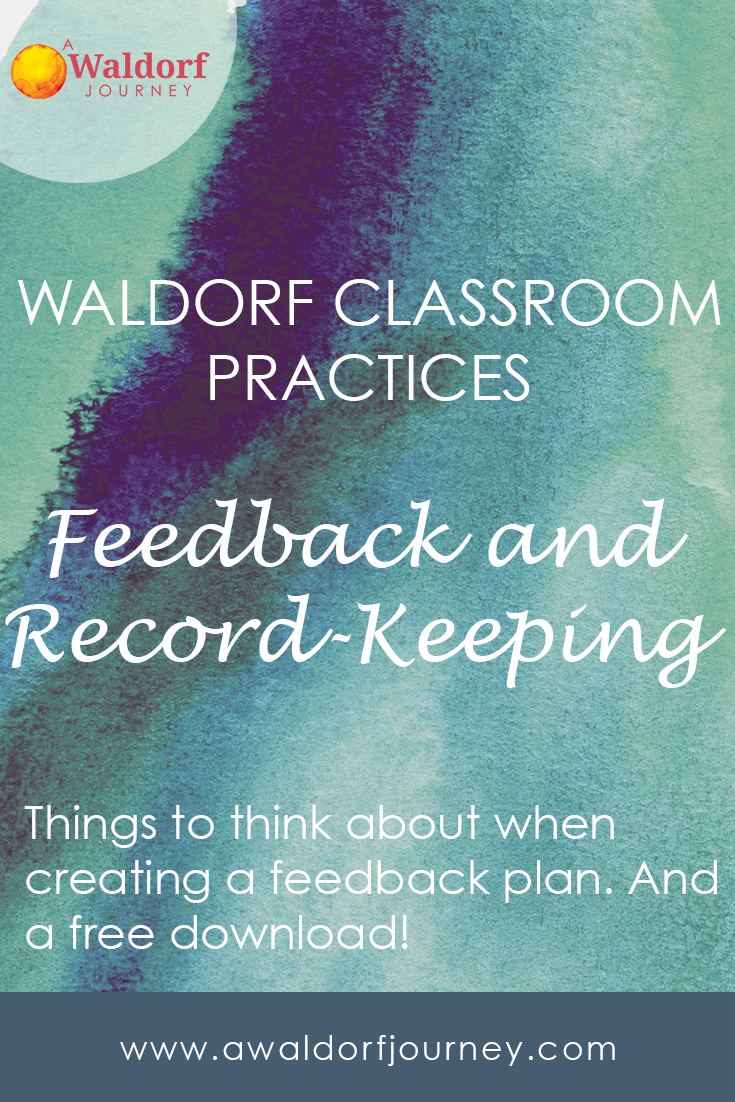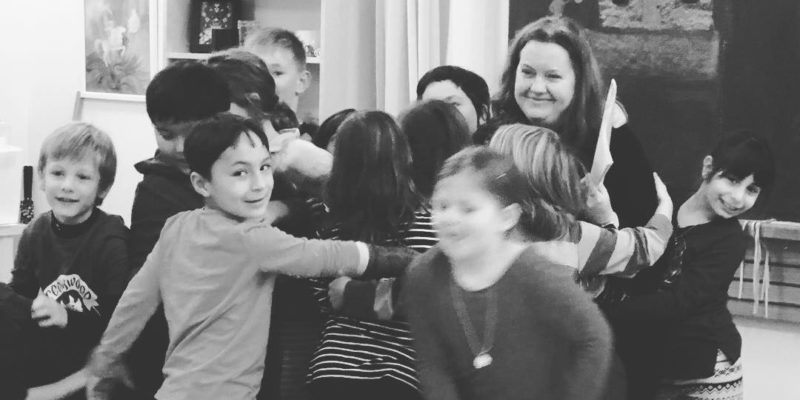 Waldorf Feedback and Record-Keeping
Waldorf Feedback and Record-Keeping
One huge mistake that many Waldorf teachers make is not giving their students and their families enough feedback throughout the year.
We’re well-intentioned, of course, we don’t want our students to take our feedback too much to heart. We want them to feel encouraged and capable, and we worry that our feedback will end up leaving them deflated and defeated.
Free Main Lesson Book Evaluation Form
Sign up to download this free main lesson book evaluation form. Customize it or use it as is with your own students this year!
We also don’t want our students’ parents to worry too much if their child isn’t progressing at the same pace as other students. We honor the individual development of all children, and we don’t want to hold a child up to standards that are not meaningful or relevant.
Finding the right system
But, feedback is not an all-or-nothing deal. You don’t need to adopt a method of record-keeping and feedback that doesn’t make sense for your students. There are plenty of different approaches that teachers can use, the key is being creative enough to find a system that works for you.
When you’re putting together your system for feedback and record-keeping, there are a few things you’ll need to consider. The following are the types of feedback that many Waldorf teachers provide for their students and families. Creating for form for this feedback is where you get to think about your students, their families and your own practices and decide what would work best.
Parent-Teacher Conference
Most schools have a practice of setting aside time for a parent-teacher conference. And if you’re a homeschooler, it might make sense for you to think about if a parent-teacher conference makes sense for your family. Depending on how involved your children’s other parent is in your homeschooling, you might all benefit from a regular parent teacher conference.
The key to a successful parent-teacher conference is preparation. Create for yourself a format for preparing for that conference and fill it out before each one. Creating a guide for your conference will ensure that your conversation stays on track and both you and your class parents leave the conference feeling informed and involved.
Main Lesson Book Feedback
As students get older, they often appreciate their teacher’s comments on their main lesson bookwork. Many teachers collect main lesson books periodically and use a format for giving students feedback on that work. Again, crafting the format for that feedback is completely up to you. Think about your students and what they would benefit hearing from you and create a form that responds to them.
If you’d like an example of a main lesson book evaluation form that I have used in the past, fill out the form below and you’ll receive an email with a download link. (And don’t worry if you’re already A Waldorf Journey subscriber, you won’t receive duplicate content.)
Free Main Lesson Book Evaluation Form
Sign up to download this free main lesson book evaluation form. Customize it or use it as is with your own students this year!
End of Block Feedback
I started giving students end-of-block feedback when they were in fifth grade. I kept my comments light and actionable so my students felt satisfied and accomplished with their work. Fifth grade was all about preparing them for middle school and I wanted them to realize how capable they were. Those end-of-block feedback forms I gave them really helped to inspire their work and we always began each new block with a little bit of a honeymoon period.
Students then took those forms home, discussed them with parents, they signed them and then sent them back in to school. As my students moved up through the grades, those feedback forms became a little more rigorous, matching the students’ own desire for meaningful assessment.




Leave a Reply